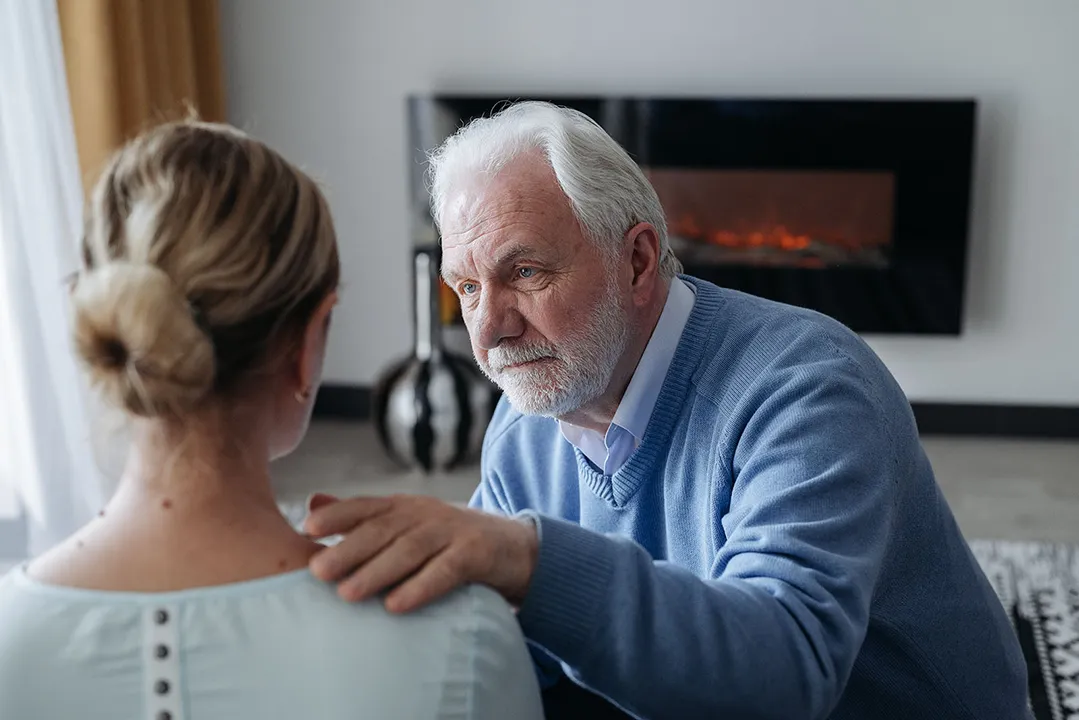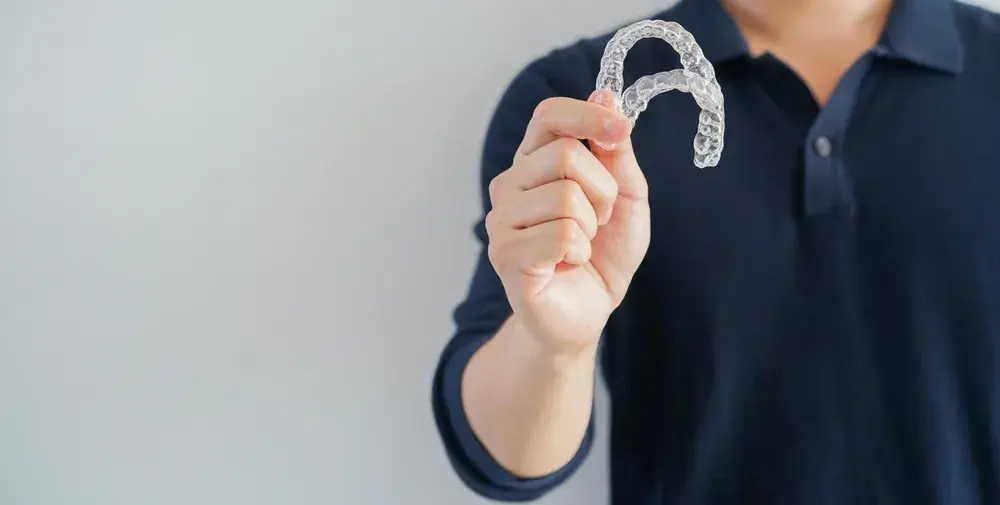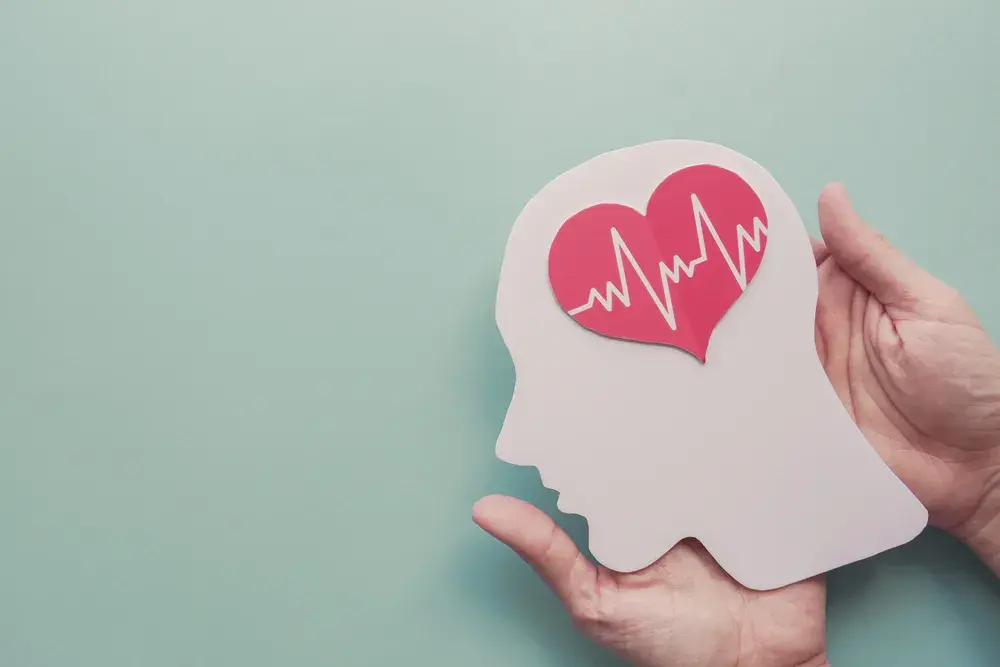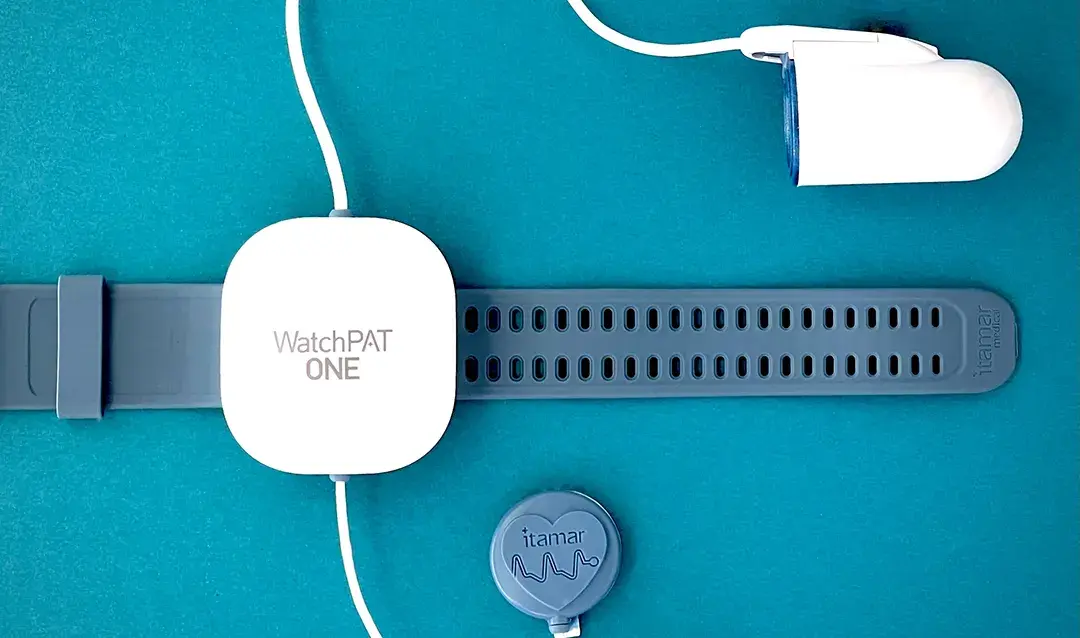7 Sleep Apnea Self-Care Strategies That Really Work
Reduce your symptoms with these healthy habits
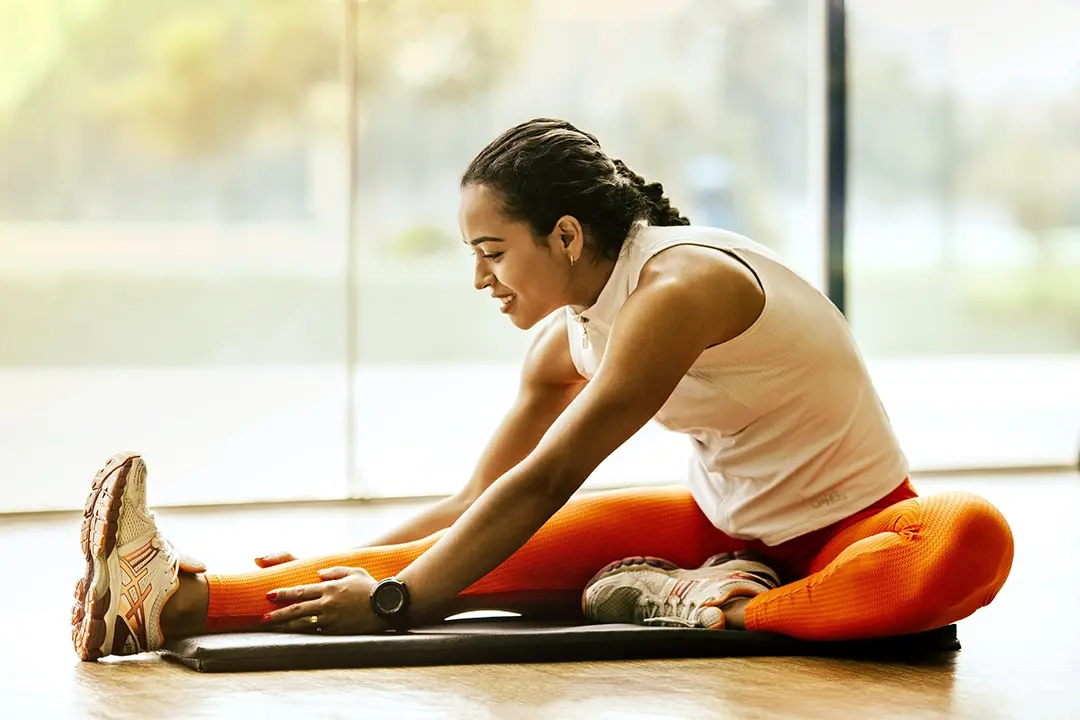
Sleep apnea self-care strategies probably won’t eliminate your OSA altogether — your best bet for that is actual treatment, like an oral appliance or a CPAP machine — but these lifestyle changes can improve your symptoms. We spoke with two sleep medicine specialists, Christopher Lettieri, M.D., and Inell Rosario, M.D., to learn about simple self-care practices that can make a big difference in your sleep.
1. Try sleeping on your side
It might seem strange, but your sleep position can actually affect the number of apneas you experience throughout the night. The term “apnea” refers to ten-second periods in which you stop breathing — if you have five or more of these per hour throughout the night, you can be diagnosed with sleep apnea. These apneas are more likely to happen when you sleep on your back, while the simple act of sleeping on your side can improve your condition. Which side you choose to sleep on depends on what other health concerns you have: sleeping on your right side may be better for heart health, while sleeping on your left side can be better for acid reflux.
2. Limit alcohol
This might seem counterintuitive: after all, alcohol makes you sleepy, so what’s the harm in a nightcap? “While alcohol makes you fall asleep faster, it also makes you wake up more often, especially in the second half of the night,” says Dr. Rosario. The more you drink, the worse the problems get, too: mild drinking might just cause you to wake up more easily, while heavy drinking can reduce your REM sleep, which can negatively impact cognitive function, impulse control, and decision-making. Drinking before bed can also increase common sleep apnea symptoms, including snoring and interrupted breathing.
3. Get some exercise
“Working out can improve your cardiopulmonary function, which improves sleep quality,” says Dr. Rosario. Studies show that sleep apnea patients who regularly engage in aerobic exercise can improve their condition, lowering their AHI score and reducing daytime sleepiness, whether or not they lose weight. Regular exercise has also been shown to improve “sleep efficiency,” which is how much time you’re actually sleeping while in bed.
4. Rebalance your diet
Studies show that people with sleep apnea tend to eat too few whole grains while eating too much red, processed meat and sugar. You don’t have to give your diet a complete overhaul to improve sleep apnea symptoms, but it’s a good idea to move the needle a bit by limiting processed grains like white bread, processed meats like sausage and deli ham, and sugary sodas. Consider adopting a more Mediterranean diet, which has been shown to have anti-inflammatory effects on sleep apnea patients. This diet involves lots of fresh fruits and vegetables, healthy fats, whole grains, and high-quality, unprocessed proteins, like chicken, fish, and legumes.
5. If you’re medically overweight, lose weight
Not everyone who has sleep apnea is overweight, but if you are, studies show that weight loss can help improve your sleep apnea symptoms. If you’re uncertain whether or not you are medically overweight, the CDC offers a BMI calculator that can help you estimate your weight status in relation to potential disease risk. Although the BMI is an imperfect measurement of weight and health, it can help you determine if you are at increased risk of sleep apnea.
6. Improve your sleep hygiene
Sleep hygiene is all about healthy bedtime habits and setting up your bedroom for optimal sleep. Good sleep hygiene involves creating a wind-down routine before bed, lowering your bedroom’s temperature, avoiding late-night snacks, and sleeping in a darkened room.
“Sleeping in a dark room is an important part of sleep hygiene because light suppresses melatonin production,” says Dr. Lettieri. Melatonin is a hormone that your body produces exclusively at night and impacts how well-rested you feel in the morning. Poor sleep hygiene has been shown in studies to worsen symptoms of sleep apnea, including the daytime sleepiness many people with sleep apnea experience.
7. Quit smoking
Smoking is bad for you — that’s not exactly news. But in addition to being a leading cause of heart disease, smoking can also put you at higher risk for developing sleep apnea. This happens in part because smoking worsens sleep quality and causes upper airway inflammation. It’s never easy to quit smoking; after all, nicotine is powerfully addictive, but seeking out tools that can help you quit, like nicotine gum or patches, can make a massive difference in your overall health.
Cartwright RD. Effect of sleep position on sleep apnea severity. Sleep. 1984;7(2):110-114. doi:10.1093/sleep/7.2.110
Loord H, Hultcrantz E. Positioner--a method for preventing sleep apnea. Acta Otolaryngol. 2007;127(8):861-868. doi:10.1080/00016480601089390
Bayraktar MF, Ozeke O. Serial echocardiographic changes with different body positions and sleeping side preference in heart failure patients. Echocardiography. 2018;35(8):1132-1137. doi:10.1111/echo.13888
Person E, Rife C, Freeman J, Clark A, Castell DO. A Novel Sleep Positioning Device Reduces Gastroesophageal Reflux: A Randomized Controlled Trial. J Clin Gastroenterol. 2015;49(8):655-659. doi:10.1097/MCG.0000000000000359
Park SY, Oh MK, Lee BS, et al. The Effects of Alcohol on Quality of Sleep. Korean J Fam Med. 2015;36(6):294-299. doi:10.4082/kjfm.2015.36.6.294
Ebrahim IO, Shapiro CM, Williams AJ, Fenwick PB. Alcohol and sleep I: effects on normal sleep. Alcohol Clin Exp Res. 2013;37(4):539-549. doi:10.1111/acer.12006
Brunet JF, McNeil J, Doucet É, Forest G. The association between REM sleep and decision-making: Supporting evidences. Physiol Behav. 2020;225:113109. doi:10.1016/j.physbeh.2020.113109
Burgos-Sanchez C, Jones NN, Avillion M, et al. Impact of Alcohol Consumption on Snoring and Sleep Apnea: A Systematic Review and Meta-analysis. Otolaryngol Head Neck Surg. 2020;163(6):1078-1086. doi:10.1177/0194599820931087
Issa FG, Sullivan CE. Alcohol, snoring and sleep apnea. J Neurol Neurosurg Psychiatry. 1982;45(4):353-359. doi:10.1136/jnnp.45.4.353
Andrade FM, Pedrosa RP. The role of physical exercise in obstructive sleep apnea. J Bras Pneumol. 2016;42(6):457-464. doi:10.1590/S1806-37562016000000156
Iftikhar IH, Kline CE, Youngstedt SD. Effects of exercise training on sleep apnea: a meta-analysis. Lung. 2014;192(1):175-184. doi:10.1007/s00408-013-9511-3
Reid M, Maras JE, Shea S, et al. Association between diet quality and sleep apnea in the Multi-Ethnic Study of Atherosclerosis. Sleep. 2019;42(1):zsy194. doi:10.1093/sleep/zsy194
Jeznach-Steinhagen A, Okręglicka K, Nitsch-Osuch A, Czerwonogrodzka-Senczyna A, Barnaś M. Nutritional Status and Dietary Patterns in Adults with Severe Obstructive Sleep Apnea. Adv Exp Med Biol. 2020;1279:71-79. doi:10.1007/5584_2020_507
Georgoulis M, Yiannakouris N, Tenta R, et al. A weight-loss Mediterranean diet/lifestyle intervention ameliorates inflammation and oxidative stress in patients with obstructive sleep apnea: results of the "MIMOSA" randomized clinical trial. Eur J Nutr. 2021;60(7):3799-3810. doi:10.1007/s00394-021-02552-w
Anandam A, Akinnusi M, Kufel T, Porhomayon J, El-Solh AA. Effects of dietary weight loss on obstructive sleep apnea: a meta-analysis. Sleep Breath. 2013;17(1):227-234. doi:10.1007/s11325-012-0677-3
Gooley JJ, Chamberlain K, Smith KA, et al. Exposure to room light before bedtime suppresses melatonin onset and shortens melatonin duration in humans. J Clin Endocrinol Metab. 2011;96(3):E463-E472. doi:10.1210/jc.2010-2098
Jung SY, Kim HS, Min JY, Hwang KJ, Kim SW. Sleep hygiene-related conditions in patients with mild to moderate obstructive sleep apnea. Auris Nasus Larynx. 2019;46(1):95-100. doi:10.1016/j.anl.2018.06.003
Lakier JB. Smoking and cardiovascular disease. Am J Med. 1992;93(1A):8S-12S. doi:10.1016/0002-9343(92)90620-q
Zeng X, Ren Y, Wu K, et al. Association Between Smoking Behavior and Obstructive Sleep Apnea: A Systematic Review and Meta-Analysis. Nicotine Tob Res. 2023;25(3):364-371. doi:10.1093/ntr/ntac126
Jang YS, Nerobkova N, Hurh K, Park EC, Shin J. Association between smoking and obstructive sleep apnea based on the STOP-Bang index. Sci Rep. 2023;13(1):9085. Published 2023 Jun 5. doi:10.1038/s41598-023-34956-5
Stolerman IP, Jarvis MJ. The scientific case that nicotine is addictive. Psychopharmacology (Berl). 1995;117(1):2-20. doi:10.1007/BF02245088
